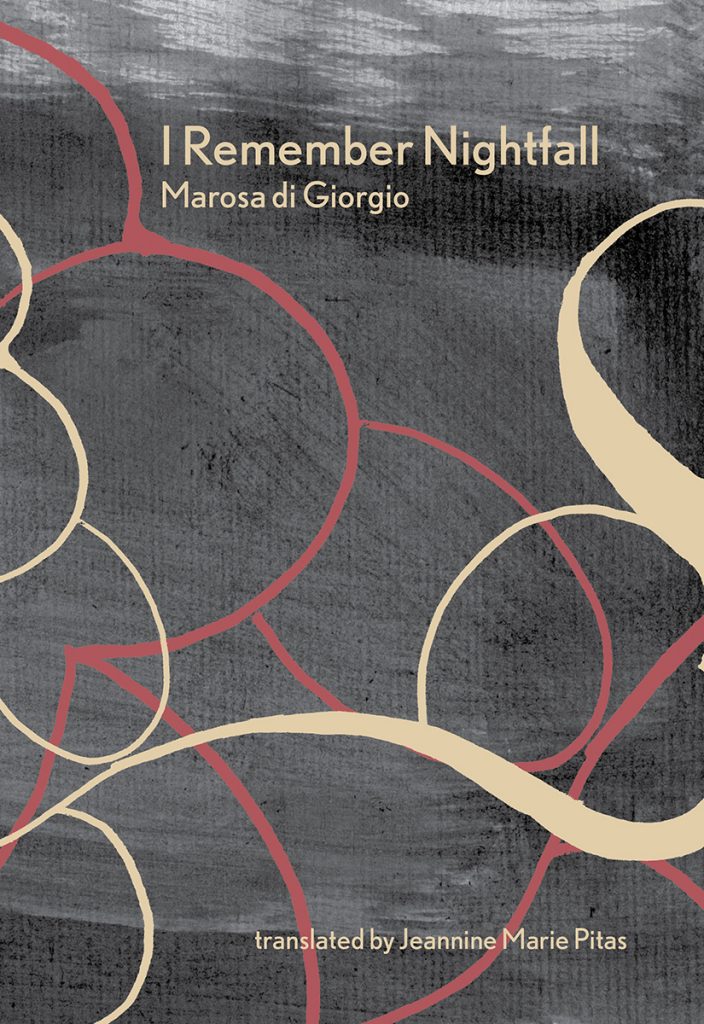These new English-language collections by Marosa di Giorgio, long considered a major figure in Latin American literature, are the product of a great translator who has immersed herself, with thoughtfulness and dedication, in the life of a writer whose work is spooky, mystical, dangerous and magnificent. Everywhere in di Giorgio's work there are wars, crimes, monsters, possessed plants and animals, ghosts, illnesses and miracles animating a world that is always on the verge of explosion. In the later works, the unnamed presence of the brutal Uruguayan dictatorship lingers menacingly in di Giorgio's pastoral childhood gardens where the animals are going crazy, where the fruit is bubbling and murmuring, and where corpses noisily decompose in the ground. Di Giorgio's writing is as foreboding as it is tentacular, as intricate as it is unsettling. Jeannine Marie Pitas' ongoing and remarkable engagement with di Giorgio has brought us this exciting and valuable gift.
Daniel Borzutzky, Asymptote
“Yesterday I learned the secret name of my house,” says Marosa di Giorgio at the end of this book, that “secret name” unfolding in the words of a druid-voice that wanders through the poems, suspicious that she’ll be soon devoured by her own inexhaustible imagination. To enter di Giorgio’s language is to give yourself to this sudden dissolution of reality. Jeannine Marie Pitas’ translation accurately follows this voracious and delicate rhythm.
Lila Zemborain
Marosa di Giorgio's saturated necropastorals - at times mysterious, at times horrific, at times incredibly beautiful - are loaded with flowers. Flowers that may in fact kill. These remembered gardens seem to be entirely static in one moment, and then suddenly, startlingly turn volatile within the space of a sentence, switching between exoticism, nostalgia, violence, beauty and terror - and then back again. Few works have touched me as profoundly over the past decade as the translations of Marosa di Giorgio's poems. I'm so pleased to have another volume translated by Jeannine Marie Pitas, so that I can take it to all "the parties among the almonds and the bells."
Johannes Goransson
Di Giorgio’s delicately extravagant poems loosely weave free verse and traditional Spanish meters to yield an unrestrained movement between the human and the animal, the overtly sensual and the intimately painful, the diaphanous underside of nature and the blunt cruelty of Uruguay’s military dictatorships.
Anna Deeny
There’s a lot at stake here, namely the opportunity for a new generation of American poets to take di Giorgio as a model for wresting the “poetry of witness” away from humanism’s easy faith in testimony and remembering that the imagination is the organ of compassion.
Farid Matuk
To read a poem by di Giorgio is to encounter the exquisite beauty of an exotic plant that may or may not prove lethal. [...] Di Giorgio is one who, like Blake, sees angels, explicitly and extravagantly.
G.C. Waldrep, Kenyon Review
